High hopes are held for the advances of big data, learning analytics and AI to benefit children’s education. To ensure these serve children’s interests, our review of policy and practice in combination with new school-centred user research will generate recommendations for child-rights-respecting data governance mechanisms that can unlock the potential of education data.
A Blueprint for Education Data
The Blueprint for Education Data sets out a baseline for data processing of pupil data in schools and other educational establishments.
Publications

Education Data Futures – this open-access essay collection offers critical, practical and creative reflections that identify exciting possibilities for beneficial uses of children’s education data as well as tackling the exploitative uses or misuse of such data. Collectively, the essays set out principled yet practical proposals for our children’s education data futures.
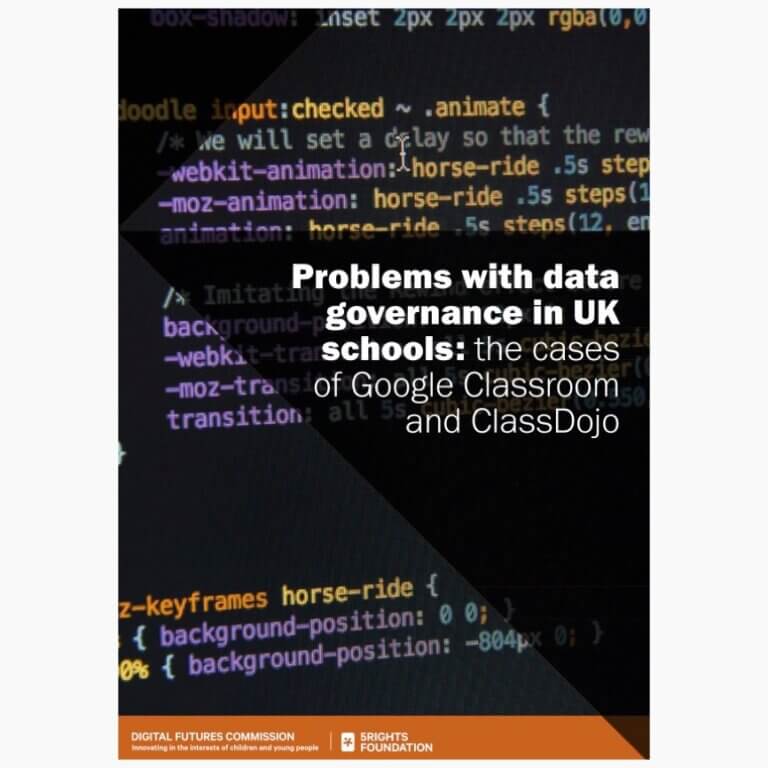
This report uncovers how EdTech including Google Classroom and ClassDojo fail to comply with data protection regulation, leaving children vulnerable to commercial exploitation. Following a detailed socio-legal analysis of the processing of education data, the report sets out how joined-up action is needed from Government, regulators and EdTech companies to ensure that commercial interests do not trump children’s best interests.
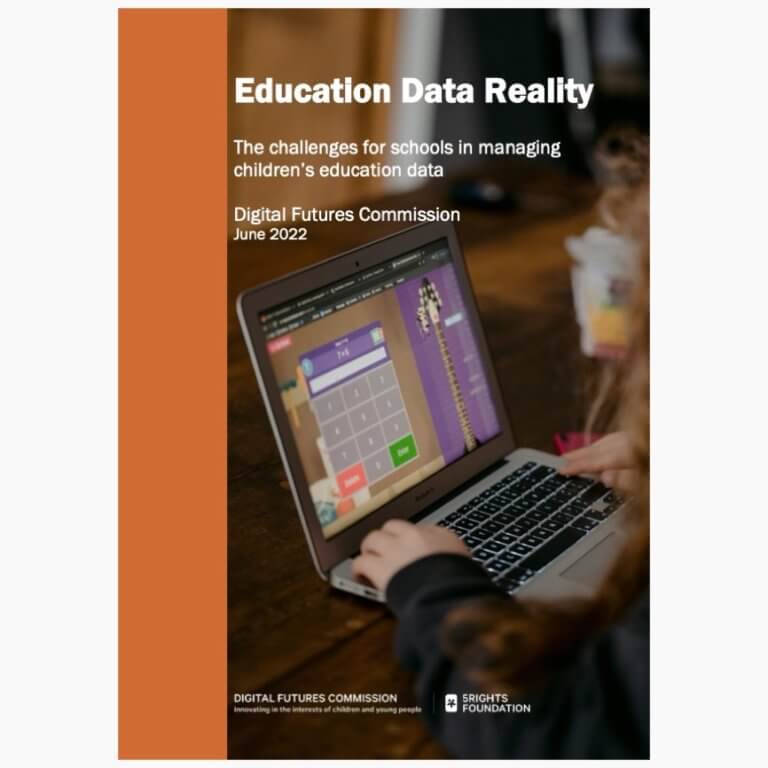
Managing EdTech and education data constitutes a significant and increasing pressure that individual schools must bear, resulting in uncertainties over – or more likely, failings in – the protection of children’s personal data and its uses for their benefit. This report reveals the problems concerning risks-benefits calculation in choosing EdTech, schools’ limited control over data and limited guidance and resources. The report voices schools’ calls for change in response to these problems.
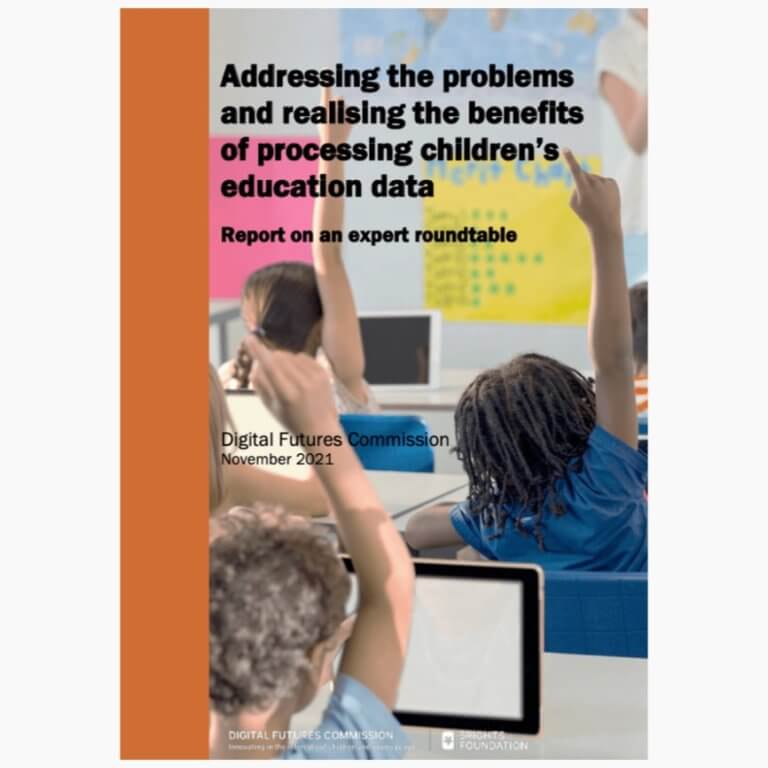
The Digital Futures Commission (DFC) held an expert roundtable discussion to discuss current governance and practice in processing children’s education data. It offers an insight into our unfolding work on beneficial uses of children’s education data and reflects work in progress. The discussion will shape the DFC’s ongoing research on governance gaps and stakeholder responsibilities and contribute to a blueprint for education data governance in 2022.
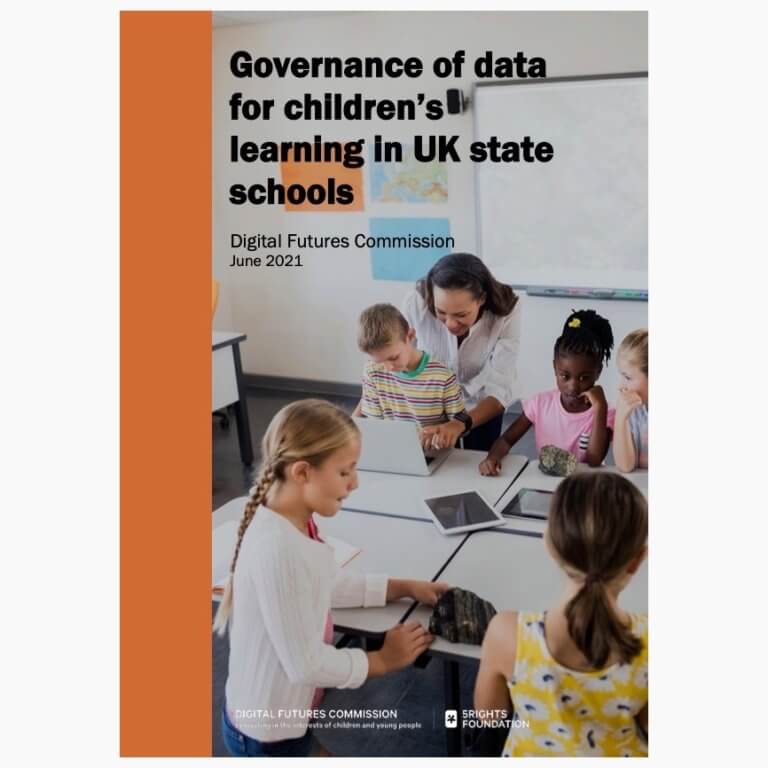
Governance of data for children’s learning in the UK state schools reports on significant regulatory and implementation gaps in data processing in education contexts. To bridge these gaps, the report identifies potential governance and oversight options for discussion. These options range from EdTech procurement rules for schools, legally binding (EdTech) sector-specific guidance, and codes of practice and standards.
Blogs

A step towards clarity: welcoming ICO’s new guidance for EdTech on the Age Appropriate Design Code
by Ayça Atabey, Louise Hooper, Sonia Livingstone and Kruakae Pothong We warmly welcome recently updated guidance from the Information Commissioner’s Office (ICO) on how the »

How do our EdTech Certification criteria emerge from our work at the Digital Futures Commission?
By Ayça Atabey, Sonia Livingstone & Kruakae Pothong After three years of intensive research on the governance of education data at the Digital Futures Commission, »
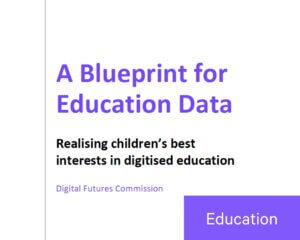
EdTech skirting data protection laws – The education sector comes together to give stark warning on children’s privacy
Today, the Digital Futures Commission launches “Blueprint for Education Data: Realising children’s best interests in digitised education”, a practical framework designed to tackle EdTech companies »

Who controls children’s education data? A socio-legal analysis of the UK governance regimes for schools and EdTech
By Emma Day, Kruakae Pothong, Sonia Livingstone and Ayça Atabey In a new open-access journal article, we examine the governance of data processed from children »
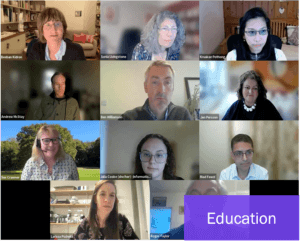
Education Data Futures – continuing the conversation
The Digital Futures Commission launched its essay collection entitled Education Data Futures: Critical, Regulatory and Practical Reflections on the 21st of November 2022. This essay »
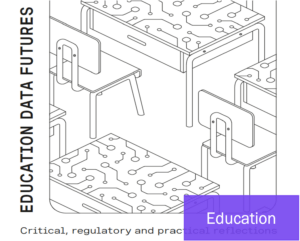
Tune in to our book launch today for critical, regulatory and practical reflections on children’s education data futures
By Kruakae Pothong and Sonia Livingstone The Digital Futures Commission has identified many wrongs with data collection and processing in educational settings in its 2022 »